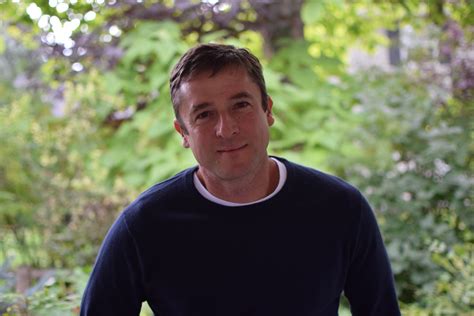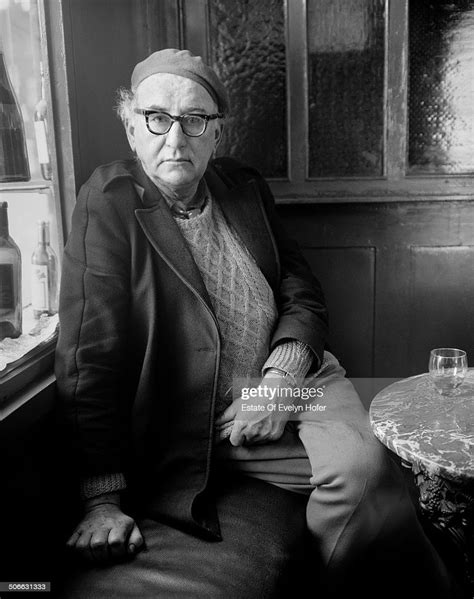A Quote by Dan Beachy-Quick
[The publication of his first poem] was wonderful ... but it taught me early on that the only thing that really matters is writing the next poem. Publication is best seen as a happy accident.
Related Quotes
It was early on in 1965 when I wrote some of my first poems. I sent a poem to 'Harper's' magazine because they paid a dollar a line. I had an eighteen-line poem, and just as I was putting it into the envelope, I stopped and decided to make it a thirty-six-line poem. It seemed like the poem came back the next day: no letter, nothing.
Galway Kinnell came out with that wonderful big, breathy, hollow voice of his and read, for the first time in public, "The Bear." That poem impressed me so much that I memorized it. I used it for years when I taught in prisons. It's a powerful extended metaphor for what the writing life is really all about. It's a uniquely powerful poem about self-transformation, and that's what we're asking, really, beyond even our objection to the war. We're asking people to look at themselves and think about what might be possible with a little self-transformation.
The experience that a publication creates for its audience is the very essence of that publication's brand - and without deep engagement, that publication's brand will be weak. A good publication is a convener and an arbiter - it expresses a core narrative that becomes a badge of sorts for its readership.
Right now-whether you're in writing courses getting "paid" in credit for writing, or burdened and distracted by earning a living and changing diapers-figure out how to make writing an integral part of your life. Publication is good, and gives you the courage to go on, but publication is not as important as the act of writing.
The subject of the poem usually dictates the rhythm or the rhyme and its form. Sometimes, when you finish the poem and you think the poem is finished, the poem says, "You're not finished with me yet," and you have to go back and revise, and you may have another poem altogether. It has its own life to live.
My first spoken word poem, packed with all the wisdom of a 14-year-old, was about the injustice of being seen as unfeminine. The poem was very indignant, and mainly exaggerated, but the only spoken word poetry that I had seen up until that point was mainly indignant, so I thought that that's what was expected of me.



































